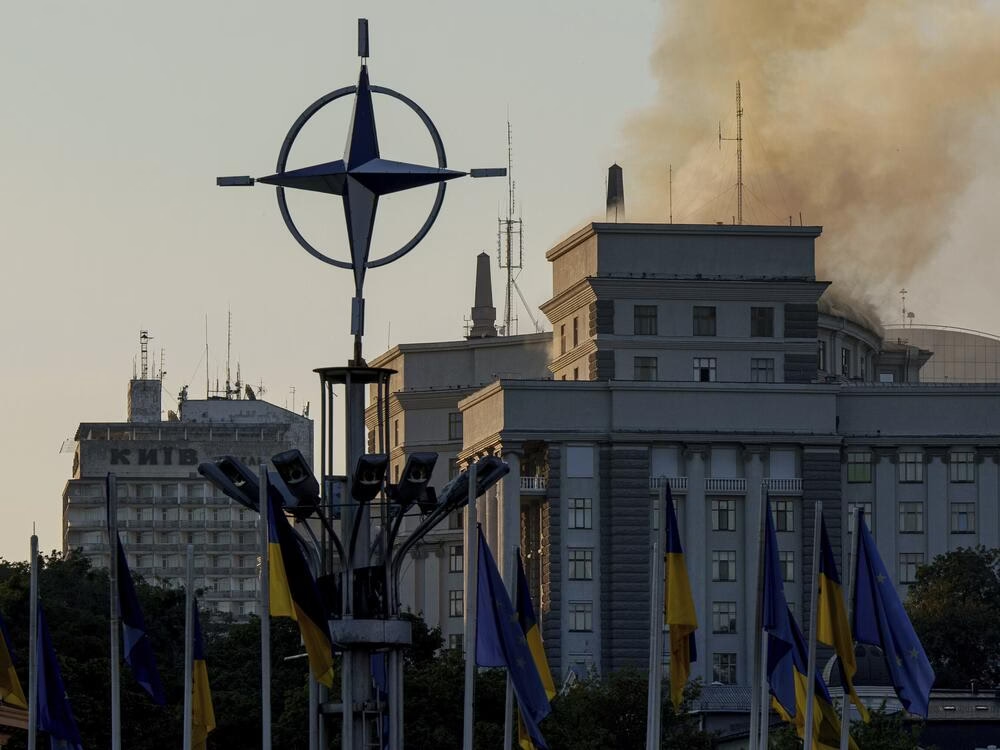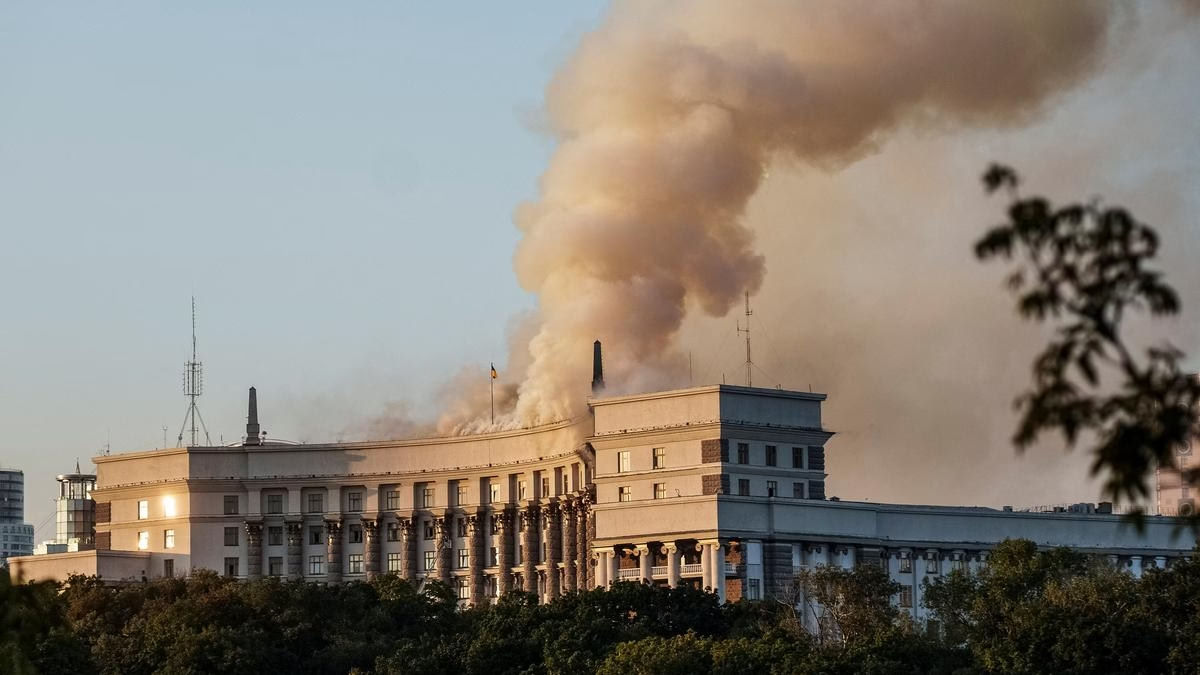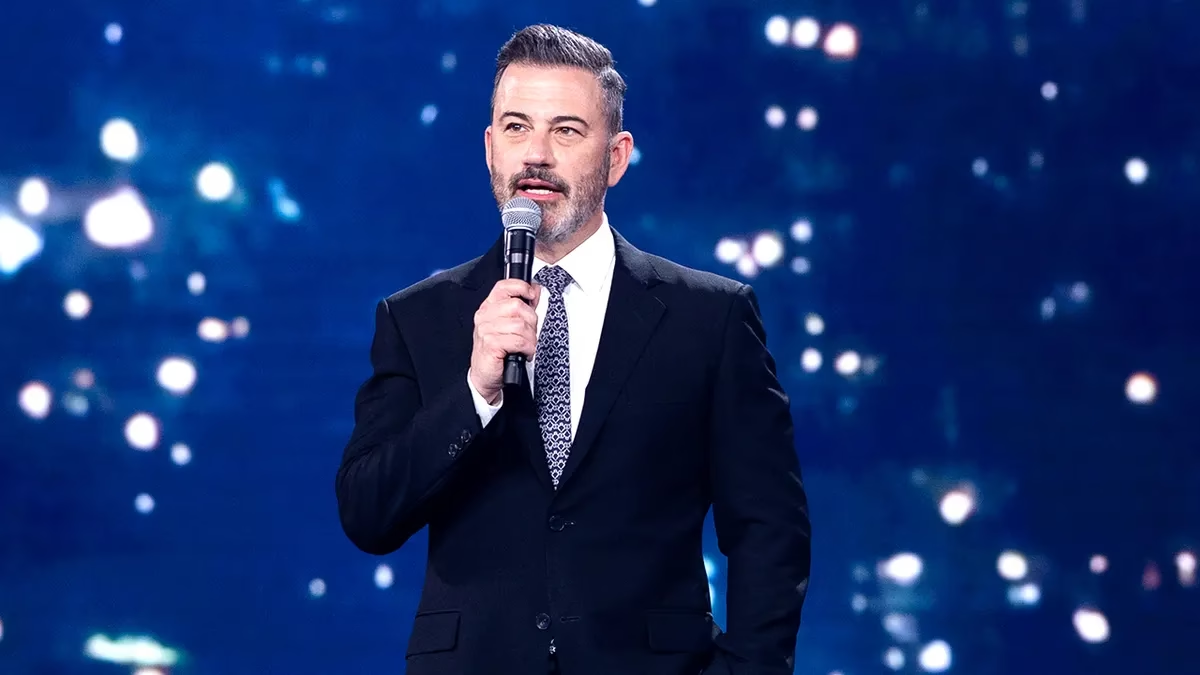
In a shocking escalation of the Russia–Ukraine conflict, Russia launched its largest-ever aerial offensive on September 7, 2025, targeting Ukraine’s government headquarters and critical infrastructure across the country. The unprecedented assault involved the deployment of over 800 drones and decoys along with 13 high-precision missiles, marking a significant turning point in this long-standing war. The attack resulted in widespread destruction, civilian casualties, and heightened global tensions, with European leaders calling out Russian President Vladimir Putin’s apparent disregard for peace efforts.
Deadliest Attack Since the War Began
According to Ukrainian officials, the airstrike deliberately targeted key administrative centers, including the Cabinet of Ministers building in Kyiv, which was severely damaged and engulfed in flames. Tragically, at least four civilians were killed, including a mother and her three-month-old child, while more than 40 others sustained injuries in various parts of the country.
President Volodymyr Zelensky condemned the attack in his emotional address to the nation, calling it a “deliberate, inhumane act designed to perpetuate conflict and instability in Europe.” Zelensky urged the international community to provide stronger air defense systems and impose harsher sanctions on Russia to prevent future attacks of this magnitude.
Global Reactions: Europe Slams Putin’s Intentions
European leaders responded swiftly to the unprecedented attack, with French President Emmanuel Macron and British Prime Minister Keir Starmer expressing outrage. Both leaders reaffirmed their solidarity with Ukraine, stating that the airstrike shows Russia’s blatant unwillingness to pursue peace negotiations. In a joint statement, they emphasized that such attacks “undermine all diplomatic efforts and demonstrate Putin’s contempt for global stability.”
This large-scale strike, which Kyiv described as making a mockery of former President Trump’s peace initiatives, has become a symbol of Russia’s aggressive strategy. International observers warn that this latest escalation signals Moscow’s intent to push forward the war rather than seek any genuine path toward resolution.
Ukraine’s Counterattack and Retaliation
In a swift and calculated response, Ukrainian forces launched a series of drone strikes against Russian military infrastructure, targeting the Druzhba oil pipeline in Russia’s Bryansk region. Ukrainian officials framed these counterattacks as acts of necessary self-defense, aimed at disrupting Russian logistics and power lines used for continued aggression.
Military experts have pointed out that this reciprocal approach highlights Ukraine’s determination to resist further assaults and safeguard its sovereignty. “This is not a mere retaliation but a strategic defense designed to send a message to the Kremlin that Ukraine will not cower under relentless aggression,” stated defense analyst Oleg Mykhailenko.
International Implications and Future Sanctions
The attack has intensified calls from the West for stronger sanctions against Russia. Analysts warn that unless the international community acts decisively, there is a risk of a prolonged stalemate, further civilian casualties, and worsening economic instability across Europe.
European Union officials are reportedly drafting new sanctions packages, which could include restrictions on Russian energy exports and financial assets, as well as tightened arms embargoes. The United States has already pledged to accelerate military aid to Ukraine, including advanced air defense systems and drones, to bolster Ukraine’s ability to counter future threats.
Humanitarian Crisis and Global Alarm
Beyond the geopolitical and military ramifications, the humanitarian toll of the attack has been severe. Hospitals in Kyiv and other affected regions are overwhelmed, struggling to treat the injured amidst power cuts and damaged infrastructure. Thousands of civilians remain displaced, facing an uncertain future as the conflict continues to escalate.
International humanitarian organizations are calling for urgent action to prevent further loss of life, including immediate ceasefire negotiations. The United Nations Secretary-General condemned the attack, urging both sides to “return to the table of dialogue before more lives are lost.”
Conclusion: A Critical Juncture in the Conflict
The assault on Ukraine’s government headquarters with 800 drones and missiles marks one of the most significant escalations in this conflict to date. It has brought global focus back to the dire situation in Ukraine, exposing Russia’s aggressive posture and its unwillingness to engage in meaningful peace efforts.
As the world watches anxiously, the coming weeks will be critical. Will the international community impose the tough sanctions needed to halt Russian aggression? Can Ukraine withstand further attacks without plunging into a full-scale humanitarian catastrophe?
One thing is clear: the world stands at a crossroads, and the decisions made now will determine the course of peace—or perpetual war—in Eastern Europe.



